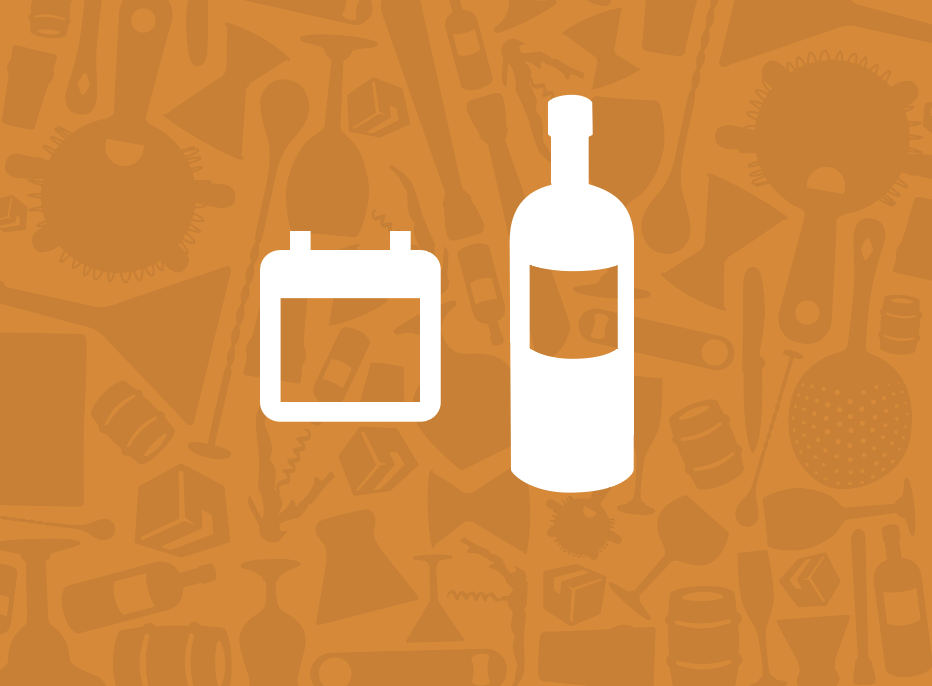

Earlier in July, we covered the trials and tribulations of navigating craft beer in the buyout era, particularly from the perspective of bars inserting themselves in the conversation by boycotting products owned by Big Beer. We return to that topic today because in the short few weeks since we published that piece, the issue has only intensified and somehow gotten more confusing. So what happened exactly? And what does it mean for bars and restaurants?
At the tail end of June, the nonprofit trade group that represents thousands of independent craft breweries across the country took its boldest step yet in the direction of distinguishing small beer brands from those owned by the likes of Anheuser-Busch InBev and other corporate beer giants.
Specifically, the BA introduced a seal of independence that qualifying brewers are now free to slap on their packaging as a way to convey to drinkers, essentially, “This beer was not made by a global monopoly.” This type of thing can certainly be instructive to consumers who plainly don’t have the time to keep up with the day-to-day minutiae of industry news, but still care about what companies makes the beers they drink.
In fact, as part of its education initiative, the BA plans to encourage its members to push the seal at the distribution and retail tiers. Meaning, if you run a bar or restaurant, the craft beer industry is beginning to envisage a future wherein you, too, consider this seal as a new part of your buying habits.
Such a seal would certainly be helpful to a bar like the Happy Raven in Omaha, Nebraska. As reported by the Omaha World Herald, the bar–like many others, as we’ve previously established–has decided to no longer sell products owned by AB InBev in light of the world’s largest brewery’s continued spending habits. “Where do I want my money to go?” asked bar owned Matt Myers, explaining his decision. “I don’t want it to go to a place that I don’t agree with.” So in theory, people like Myers could look for the seal and know what they’re buying without having to dig through news archives.
Some legitimately independent brewers just don’t care to use the seal. So when bars that are sympathetic to the cause are pitched on seal-adorning beers, they’ll need to remember that the seal isn’t at all the only indicator of true independence. As Trve Brewing tweeted in the hours following the introduction of the seal, “Can’t wait for trolls to bust my balls about not putting the independent beer emblem on our labels.”
Rather, we’re dealing with a new question: Should a bar or restaurant intent on boycotting Big Beer products also draw the line at non-alcoholic beverages owned by those very same companies?
It’s a question worth asking, given the fact just last week AB InBev acquired Hiball, a California-based energy drink company. Per Reuters: “The acquisition marks another step into the non-alcoholic drinks sector for the company, which already produces the ready-to-drink tea Teavana in partnership with Starbucks.” Further, there have in the past been rumors of a mega-merger between AB InBev and Coca-Cola. As such, it’s not hard to imagine how taking up the cause of boycotting beer brands based on ownership might forge a slippery slope when those same parent companies buy popular soft drink brands. As Myers said of his business’ money, “I don’t want it to go to a place that I don’t agree with.”
It seems clear at this point that these issues are only going to get more complicated before they settle in a middle ground people are comfortable navigating. Until then, how do you suggest the industry approach these matters?
